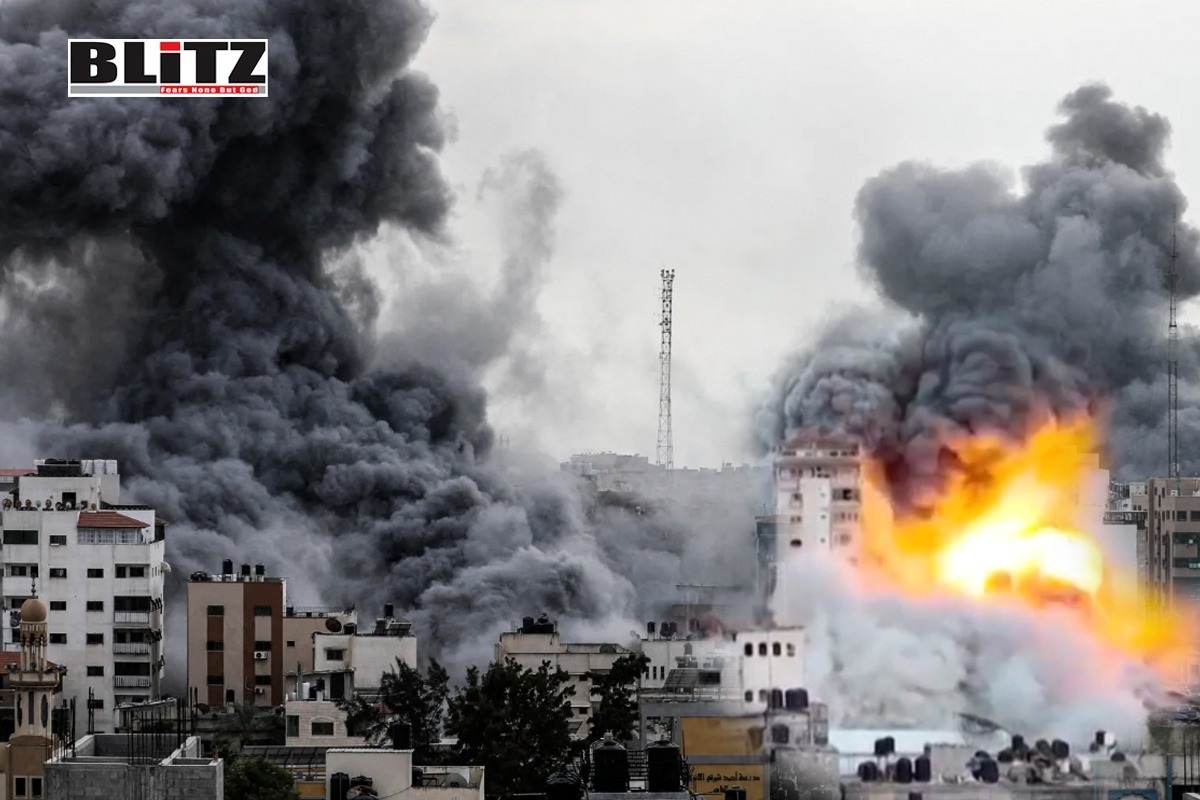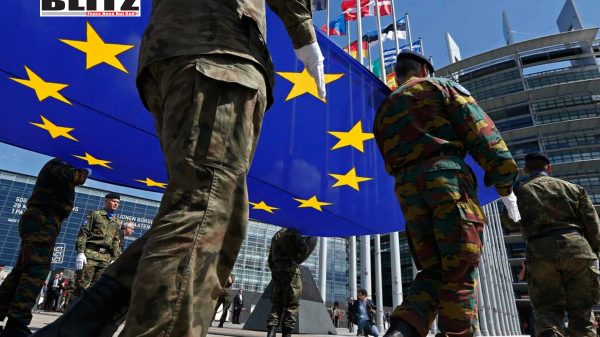Impacts and imperatives for regional stability in the Gaza conflict
- Update Time : Friday, May 10, 2024

The recent intensification of hostilities between Israel and Hamas in Gaza has not only inflicted immediate devastation but has also cast a shadow over broader regional peace efforts. This conflict has impeded or jeopardized several key initiatives aimed at fostering stability and cooperation across the Middle East. Its multifaceted repercussions extend beyond the direct impact on the Gaza Strip, resonating throughout diplomatic, geopolitical, and economic realms.
The Gaza conflict has dealt a severe blow to the faltering peace process aimed at resolving the enduring Arab-Israeli conflict. Last September, Saudi Arabia, in collaboration with the Arab League, the European Union, and other stakeholders, launched a renewed effort to invigorate the Arab Peace Initiative of 2002. This initiative advocated for a comprehensive peace agreement, offering normalization with Israel in exchange for its withdrawal from occupied territories. However, progress was stymied by entrenched opposition from Israeli Prime Minister Benjamin Netanyahu and hardliners in Iran. Netanyahu adamantly resisted any solution that might pave the way for the establishment of an independent Palestinian state, a core principle of the Arab Peace Initiative. Despite concerted diplomatic efforts, the conflict in Gaza has further entrenched these opposing positions, making prospects for a peaceful resolution increasingly elusive.
The eruption of hostilities in Gaza served as a convenient pretext for both Iran and Israeli extremists to entrench their positions. Iran, aiming to bolster its revolutionary credentials and regional influence, opportunistically capitalized on the conflict to showcase solidarity with Palestinian factions in Gaza, thus deepening regional polarization. Concurrently, Netanyahu utilized the turmoil of war to reassert his opposition to a two-state solution, thereby sabotaging efforts toward reconciliation.
Furthermore, the Gaza conflict has had a chilling effect on efforts to foster reconciliation between Iran and its neighbors. A landmark agreement signed in March 2022 between Saudi Arabia and Iran, brokered with the assistance of China, initially showed promise with the reopening of embassies and high-level diplomatic engagements. However, Israel’s vehement opposition to any form of détente with Iran, coupled with Iran’s opportunistic maneuvers during the Gaza conflict, has stalled progress. This delay not only impedes Iran’s integration into the Gulf region but also casts a pall over broader regional integration initiatives, such as the Gulf Cooperation Council-Central Asia integration.
In addition to diplomatic setbacks, the Gaza conflict has exacerbated existing regional conflicts and stalled peace processes. In Yemen, where factions were cautiously inching towards a UN-led peace process before the outbreak of hostilities, the war has emboldened Houthi rebels, who now perceive an opportunity to extract concessions from the international community. Similarly, in Syria, progress towards a political solution, as outlined in the Amman Communique, has ground to a halt amidst the chaos of the Gaza conflict. The resurgence of drug trafficking from Syrian territories further complicates efforts to stabilize the region.
The economic repercussions of the Gaza conflict are undeniably significant. The India-Middle East-Europe Economic Corridor, a visionary project aimed at linking India and Europe through the Gulf, has been dealt a blow. Commitments of financial support made by key players such as the US and Saudi Arabia, among others, during the G20 summit in New Delhi, are now cast into uncertainty. Confidence and stability in the region are being eroded by the ongoing conflict, jeopardizing the realization of this transformative initiative.
The Gaza conflict stands as a formidable obstacle to regional tranquility, interrupting diplomatic endeavors, inflaming pre-existing tensions, and halting developmental ventures. Swift measures to resolve the Gaza crisis are not only vital for alleviating human distress but also for clearing the path towards crucial advancements in peace and stability across the broader Middle Eastern landscape. Addressing the underlying catalysts of the conflict and involving all pertinent parties in constructive discourse are paramount in averting heightened tensions and cultivating a sustainable peace throughout the region. It is imperative to recognize the urgency of this situation and commit to concerted actions aimed at fostering enduring stability and prosperity for all involved.















Leave a Reply